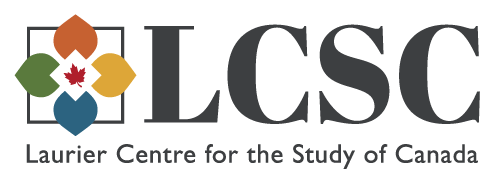Home > CMH > Vol. 10 (2001) > Iss. 1
Abstract
The story of Ambroise Pare’s discovery has been told often; of how, during Francis I’s campaign against Turin in 1536-37, he ran out of the oil medical practitioners used to cauterize the stumps of amputees and used an herbal remedy and ligatures instead; and of how the patients treated by the latter method did so much better than those tortured with the former. The tale has much to commend it to the popular imagination: a medical hero makes a serendipitous discovery to relieve the suffering of thousands. However, the story is an exception to a steadfast rule in warfare, for in medical matters, change comes slowly. This state of affairs could be ascribed to an unthinking conservatism, but one should not rush to pass judgement. Military commanders are not so much muleheaded as wedded to techniques that, in their eyes, have worked well in the past; innovation means experiment, with perhaps catastrophic results. As we shall see in a study of how Canadian medical practitioners dealt with shock from the First World War to Korea, bringing about change is less a matter of conflict against the establishment and more of reaching a consensus on how to solve complex battlefield problems.
Recommended Citation
Rawling, Bill "Providing the Gift of Life: Canadian Medical Practitioners and the Treatment of Shock on the Battlefield." Canadian Military History 10, 1 (2001)

